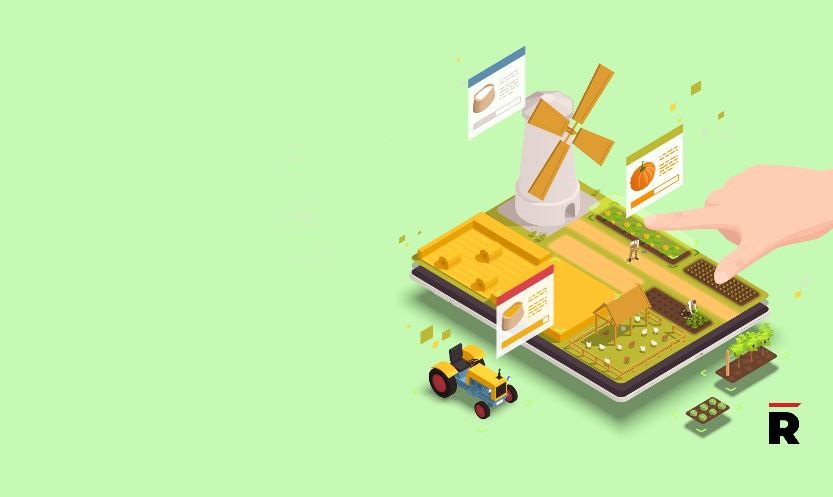The industrial revolution marked the introduction of machinery that significantly boosted crop and livestock production, paving the way for agricultural technology. As we approach a global population of 9.7 billion by 2050, agricultural technology emerges as a critical innovation to sustain this growth. This technology integrates machinery, AI, and other advancements to enhance sustainability in agriculture.
Understanding Agricultural Technology
Agricultural technology, or agritech/agtech, merges technological advancements with farming to enhance productivity. It encompasses designing and using equipment that optimizes planting and livestock raising processes, ultimately benefiting consumers and increasing yields with minimal resource use.
The Significance of Agricultural Technology
With the global population expected to surge by 70% by 2050, the demand for food will rise substantially. According to UN data, 9.9% of the global population still faces hunger, posing a significant challenge to meet the nutritional needs of nearly 10 billion people. Agricultural technology is essential for farmers to navigate unpredictable environmental changes.
Agritech addresses operational challenges such as funding, supply, and crop yield. It helps farmers create safer growing conditions, enhance productivity, and minimize environmental impact, ensuring safer food for consumers. Additionally, agritech reduces costs, increases productivity, and improves worker conditions. For instance, biotechnology develops resilient crops, and AI predicts climate and weather patterns, while agricultural sensors are crucial for farmers.
Technologies Transforming Agriculture
AI and Machine Learning (ML)
Agriculture is becoming a data-driven sector, thanks to AI and ML. These technologies help farmers analyze large datasets on soil conditions, weather patterns, and crop health, providing real-time insights and tips. AI automates operations like harvesting, weeding, irrigation, and planting, significantly contributing to agriculture's growth through adaptive learning.
Precision Farming
Advanced technology has ushered in precision farming, enhancing accuracy in agriculture. Digitalization, fueled by drones, sensors, and GPS-guided tractors, enables data-driven decision-making. GPS-guided tractors optimize fertilization, planting, and harvesting, while sensors tailor irrigation and fertilization to each crop's needs, reducing resource waste and environmental impact.
Robotics and Automation
Robotics in agriculture has replaced labor-intensive tasks. Autonomous harvesters and tractors operate continuously, saving labor costs and standardizing farming practices. Agricultural robots collect critical data on soil and crop conditions, facilitating better resource management and crop health.
Sustainable Farming Practices
Sustainability is vital in modern agriculture. Regenerative techniques restore soil and plant health, reduce carbon emissions, and promote biodiversity. Practices like crop rotation, cover crops, and no-till farming minimize soil disturbance. Biostimulants enhance nutrient uptake and plant resistance to stressors, crucial for sustainable farming amidst a changing climate.
Impact on Farmers' Lives
Agritech enables farmers to order inputs online and sell produce directly to processing firms, increasing profits and reducing reliance on middlemen. For example, CropIn, an agri-tech startup, raised $14 million, highlighting the sector's growth. Agritech enhances living standards, reduces poverty, and creates jobs, significantly contributing to economic growth in developing economies.
In 2018, agriculture accounted for over 25% of GDP in developing countries, generating jobs and supporting both consumers and farmers. Agritech improves communication, increases crop yields through data analytics, reduces middlemen, and boosts farmers' creditworthiness.
The Future of Agricultural Technology
Agritech promises to address sustainability, climate change, and food security. As technology evolves, we can expect more innovative solutions. AI and ML will play a crucial role in decision-making and predictions. Blockchain will enhance supply chain transparency, and advanced robotics will further automate farming practices.
Agricultural technology not only improves farming methods but also ensures we can meet the growing food demand without depleting natural resources.
#Agriculturaltechnology #precisionagriculture #roboticsandadutomation





Comments